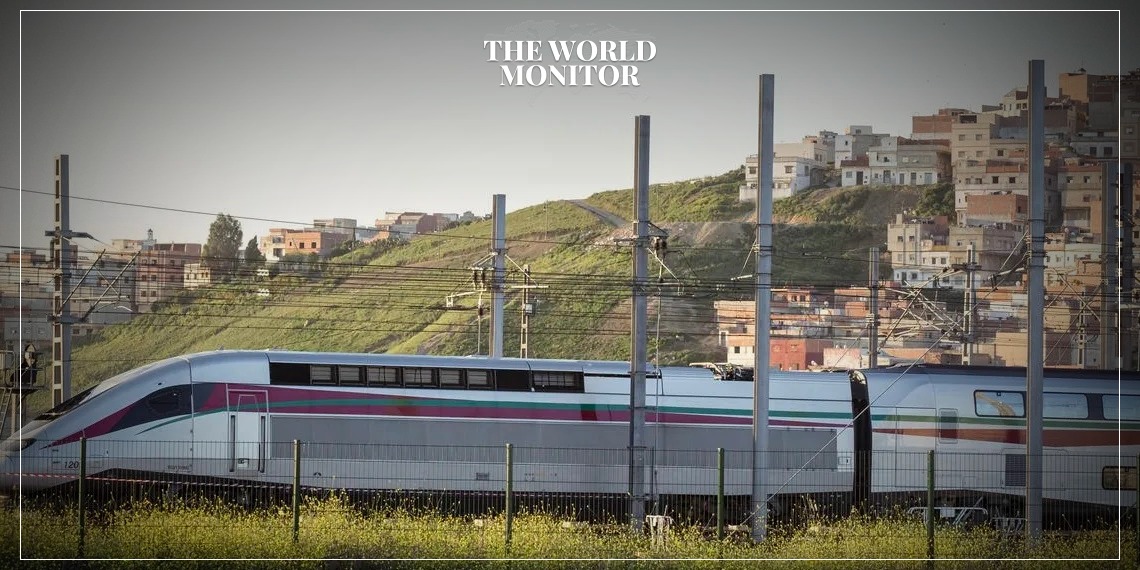The Moroccan National Railway Office has made a significant announcement by launching a tender for the purchase of 168 trains, with plans to invest up to 16 billion Moroccan dirhams (nearly $1.57 billion).
According to the Moroccan Arab News Agency, the tender includes 150 trains for intercity services, high-speed transportation, and urban services. Additionally, it encompasses 18 high-speed trains intended to expand the railway network for high-speed trains.
The Moroccan National Railway Office stated that acquiring these trains represents a real opportunity to establish a Moroccan railway industry system.
This move is expected to have significant economic and social impacts, including job creation and the strengthening of the industrial sector.
The train procurement process is part of a program scheduled to span four years from 2027 to 2030, including a maintenance partnership. The office, along with the selected partner, will establish a joint entity responsible for ongoing maintenance services.
Furthermore, the project aims to provide sustainable mobility solutions for citizens that align with the country’s developmental aspirations.
It also plays a role in preparing for the global sporting event that Morocco, along with Spain and Portugal, is set to host in 2030.
This tender marks a significant step towards modernizing Morocco’s railway infrastructure and enhancing the nation’s transportation capabilities. Stay tuned for further updates as the process unfolds and the railway system evolves to meet the country’s growing needs.
Morocco’s King Mohammed VI highlighted the importance of the Morocco-Nigeria gas pipeline project in advancing continental development, particularly across Atlantic-facing nations.
In his address to the Moroccan populace on the occasion of the 48th anniversary of the Green March, King Mohammed VI outlined the current shortfall in infrastructure and investment despite the region’s abundant natural resources and human capabilities.
He noted that the Atlantic facade of the continent is in dire need of practical and efficient solutions to these deficiencies, which can be achieved through international cooperation.






